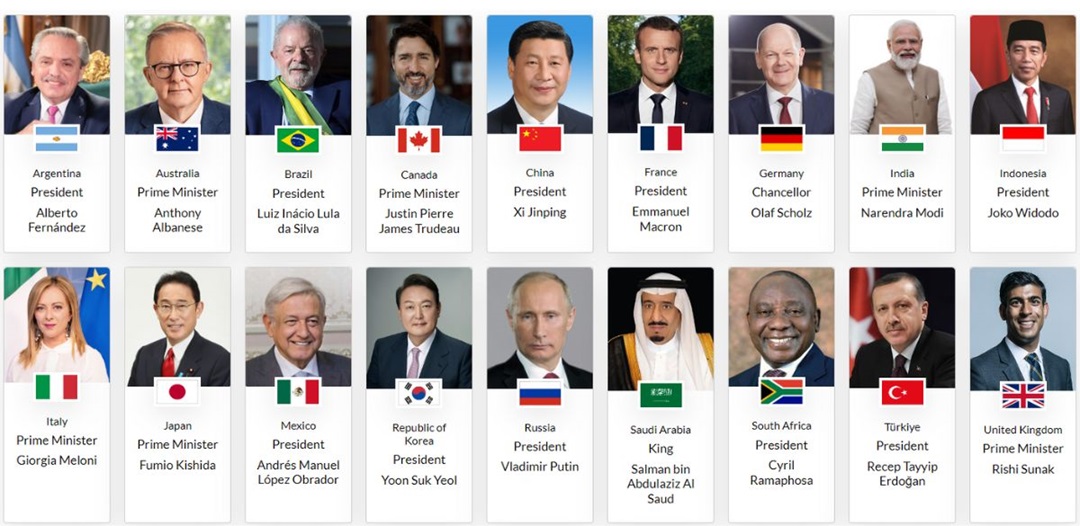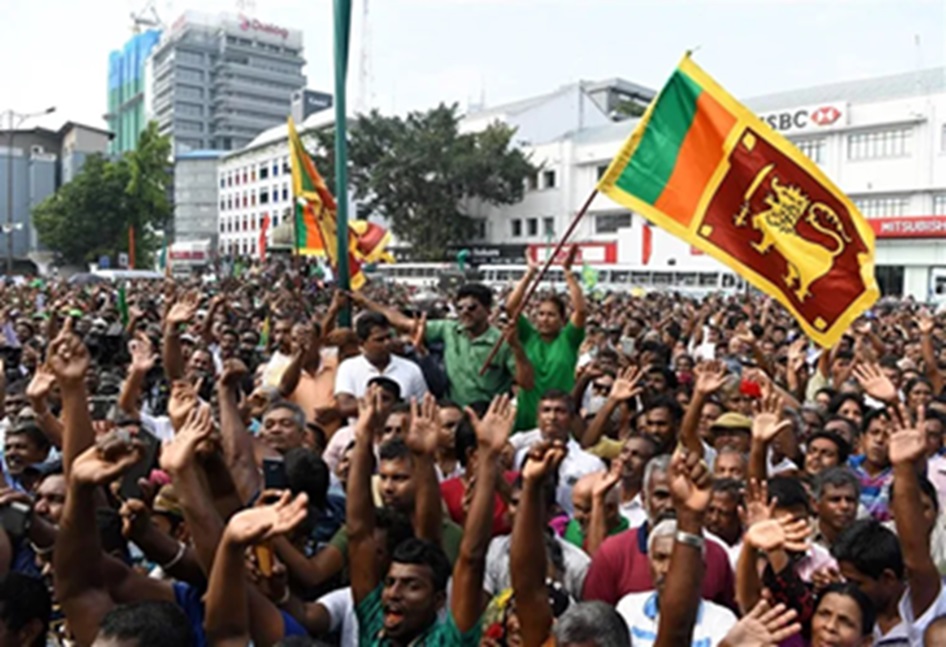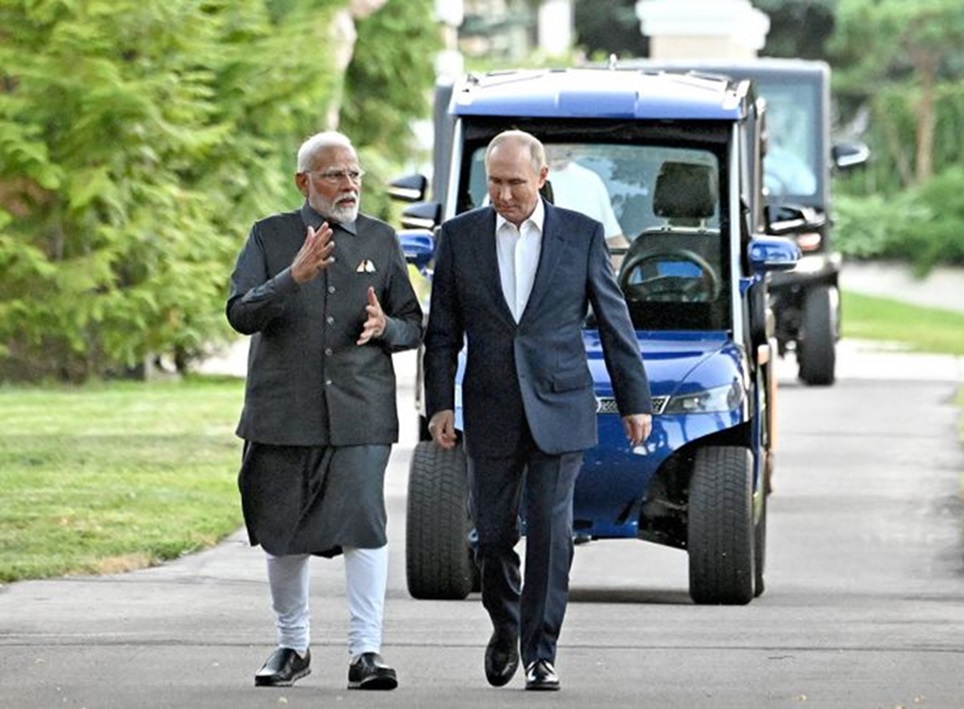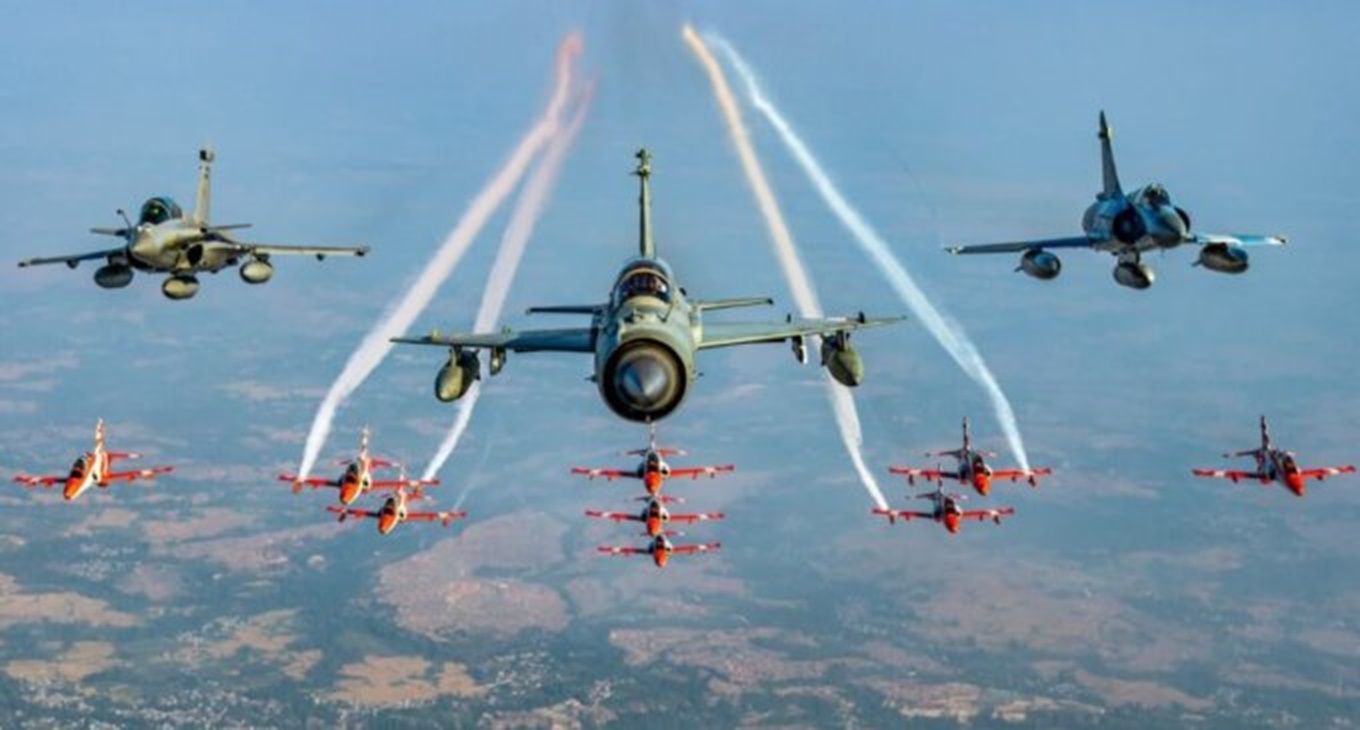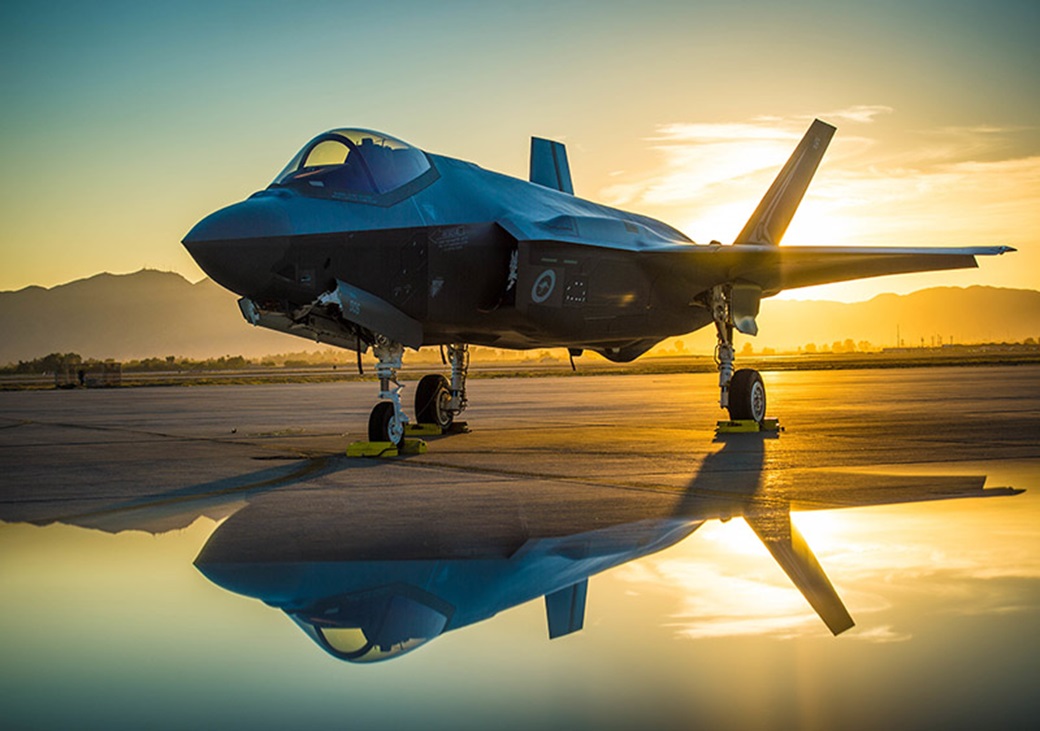At the G 20 Summit in New Delhi, under the theme of “One Earth, One Family, One Future,” important issues such as food security, climate and energy, development, health and digitalization were on the agenda.
In the prevailing dynamic world, which has been spiralling around conflicts have severe repercussions on every nook and cranny of the world. Despite the various problems, the existing rules-based international order is ineffective in dealing with the challenges. However, many countries, especially the third world nations are vying for a shift in multilateral world order towards an equitable, effective, and inclusive world. Subsequent efforts led to the rise of plurilateralism, which is a reflection of a crisis. Amidst the various plurilateral groupings, the G-20 comparatively has a more representative, effective, and consensus-based framework to shape a pragmatic world order.
At the 78th session of the United Nations General Assembly, External Affairs Minister S. Jaishankar articulated that the G-20 emerging as a precedent platform to uphold the multilateral world order in contrast to the United Nations Security Council (UNSC). He made a keynote that the diverse interests of the countries in India’s G-20 summit are a reflection of an “equitable and democratic world order”. Earlier, during a lecture at the Indian Institute of Space Science and Technology in Trivandrum, he warned the security council that in the absence of reforms, “people will find solutions outside.”
Existing Problems in UNSC
Despite the major challenges in the contemporary era, the anachronistic trend of the Security Council raised concerns about its legitimacy and marked its irrelevance to the emerging multipolar world. The institutional overhaul in the context of the UNSC is contemplated as a prominent step towards achieving an equitable and democratic world order. Yet, the apathetic behaviour of the permanent five countries to alter the power structure remains a stumbling block for the global south countries to pursue their interests.
The instrument of veto quells the voice of developing and underdeveloped nations. India’s eternal ambition to secure a permanent seat in the council has been an ambiguous tale. It termed the current structure ‘perverse and immoral’, firm and consistent in its stance to reform the body. New Delhi’s active engagement with G-4 countries and L.69 grouping persist as key priorities to achieve inclusiveness and equitable representation.
India in G-20
The adoption of the G-20 New Delhi Declaration built confidence, secured diplomatic victory, and enhanced the political clout of India in the world arena amid the tightrope walk. The outcomes of the G-20 reflect the renewed multilateralism to withstand the multidimensional challenges of the emerging multipolar era. The inclusion of a geopolitical agenda, which was first witnessed at the Bali summit, elevated the body from a geo-economic to a geopolitical platform. In contrast to the Security Council, the grouping exhibits a comprehensive outlook to deal with diversified issues in a cooperative and consultative manner. Compared to other UN institutions, the G-20 has prospered as an upgraded version with a larger prospect of sustaining itself as a successful grouping.
Relevance in Present Circumstances
First, in the globalised era, the concept of security had undergone a major revamp, despite the fact that the concept was narrower and only focused on traditional military security. Perhaps in present times, security is a broader concept focused on comprehensive matters ranging from food security, energy security, climate security, cyber security etc. For instance, the war in Ukraine had severe implications for food security in Africa, while India also had severe repercussions due to a price surge in edible oil and fertiliser prices. Meanwhile, the Security Council still sticks to the traditional conception in contrast to the G-20 which incorporates both realms.
Second, India’s G-20 gave a fillip to the Global South with the admission of the African Union, which comprises 55 countries. Like India, Africa is consistently pushing for reforms for more representation under the Ezulwini consensus. In addition, the Community of Latin American and Caribbean States (CELAC) is considering joining the group.
The credibility of the UNSC hits low owing to the veto-wielding by the P-5, barring acts against the interests of the five members. India’s efforts to designate the top leaders of Pakistan-based terror groups like Jaish-e-Mohammed and Lashkar-e-Taiba under the UNSC 1267 list have been a vain attempt as Beijing obstructs the proposal to back its strategic ally Pakistan. Consequently, the G-20 adheres to democratic principles, as none of the countries provided a whip.
Third, each member of the G-20 assumes the presidency every year on a rotational basis; probably the countries in the Global South have an opportunity to host the summit. Perhaps these countries have greater leverage to acknowledge the major comprehensive security threat confronted by them. For example, India emphasised the need for climate finance for developing and underdeveloped nations to adopt cleaner technology to mitigate the climate crisis. The outcome document mentions the overhaul of international financial institutions like the IMF and the World Bank to amplify finance for achieving progress towards the Sustainable Development Goals (SDG).
Reformed Multilateralism
Since the post-World War II era, the unilateral assertion of the P5 countries in the Security Council has upheld the unequal world order. Today, the world has been facing a poly-crisis as a result of interconnectedness. In the shifting geopolitical landscape, reformed multilateralism is the need of the hour devised by the Global South. At the ICWA event, the UNGA president stated, “It is up to members of the G-20 to run this platform as a consultative platform or to lead the world”. The G-20 has shown optimism in shaping a new world order.
Disclaimer: The views and opinions expressed by the author do not necessarily reflect the views of the Government of India and Defence Research and Studies
Title image courtesy: Nalanda Open University
References
https://www.gatewayhouse.in/a-proposal-for-u-n-security-council-reform/

